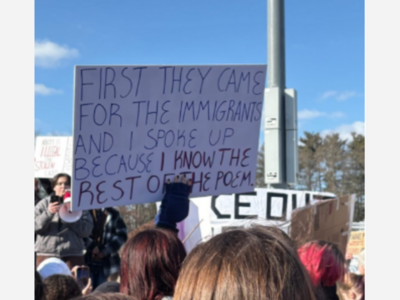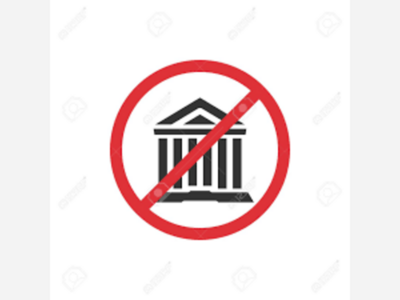Restorative Practices: the New Era of Discipline
Restorative Practices: the New Era of Discipline
By Hillary Urena
Nashua North is beginning to change its ways and implement new disciplinary actions with restorative practices.
Alyssa Louis, North junior, had first-hand experience with this new practice. After an incident with another student in the U.S. History class, the teacher held a group circle.
Louis states that she believes she felt called out but still believes that it was nice to hear what other people had to say about the situation. She says that talking it out helped her connect with others in her class.
Jordan Souder, the new restorative practices facilitator at North, will help educate and get teachers and staff trained so that they can begin to implement restorative justice into their classrooms.
Souder says that “For these practices to work there needs to be a culture shift where it focuses on repairing harm done and building community ties over other punitive methods such as suspension or expulsion.”
He believes that these new practices can help unite the divide within the school.
Suspensions and detentions are the traditional ways to discipline students. Matthews Ferreira, North senior, believes that suspensions serve as a reward.
He claims that these new practices “In the long run it will work because they will talk it out.” fellow North senior Emalee Ruiz, says that “...students who often get in trouble don't care about getting suspended.”
It is said that these methods drive separation instead of unity. Restorative practices will help build back these bonds that were lost.
Ruiz also points out that in these talks “There’s certain ways it can go they could have a short temper and haven’t fully understood both sides and still have the tension and put the students at risk and the people present as well.”
Mr. Soduer strongly believes that these new practices will benefit staff and students by helping them engage with each other more. In the circles, there is no hierarchy, everybody is equal, and once you treat each other as such you get more connection. He says that “...once you treat each other as such [equals] I think you get more connection with each other and not so much an us versus them student versus teacher they become members of the same community…”
These new practices will serve to help educate those who get in trouble instead of disregarding what happened and giving them a quick fix. Mr. Souder will continue to incorporate these new practices in hopes of bringing more unity to Nashua North.









